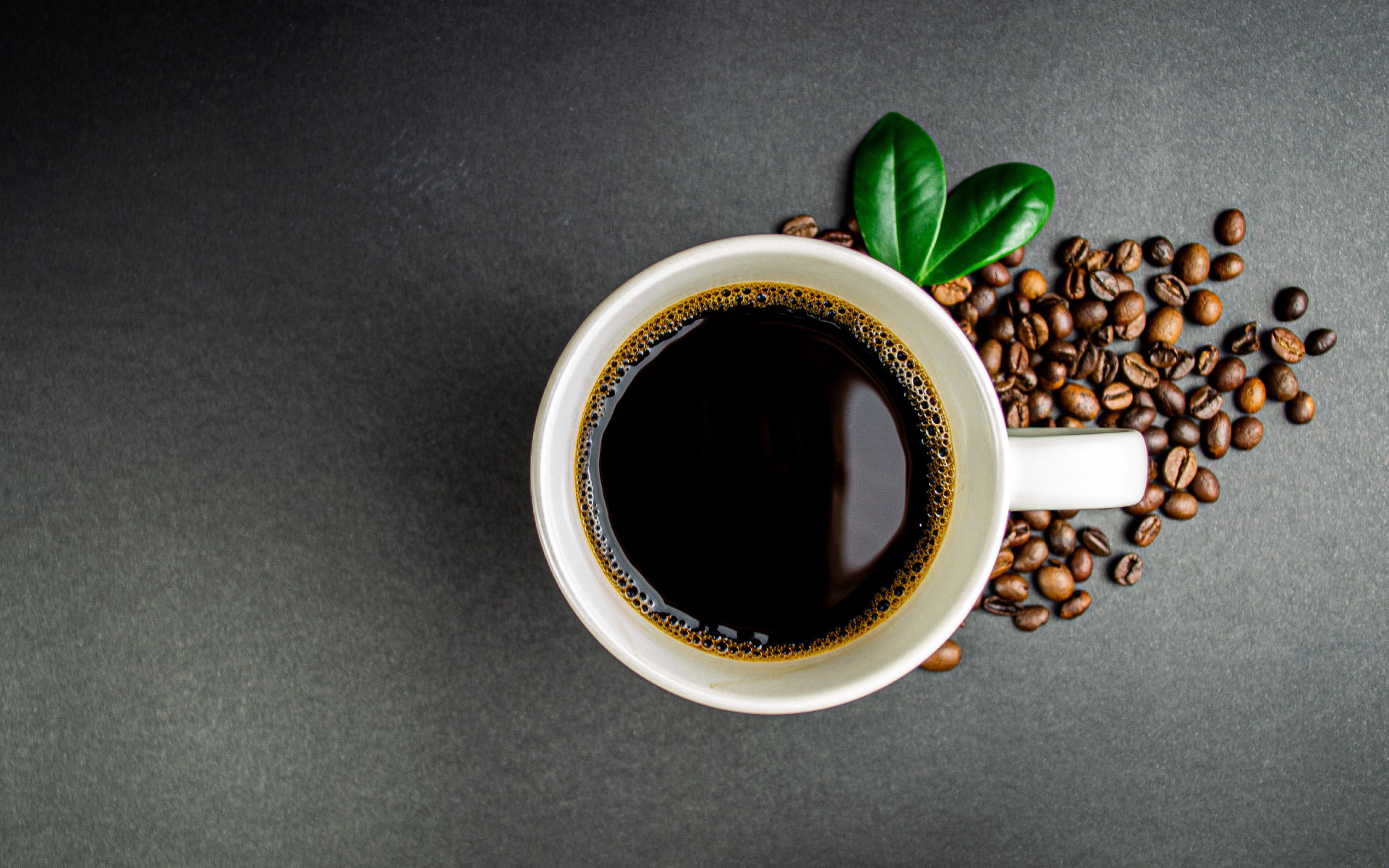The first item to start cutting back on during preparation week is caffeine. This is probably the hardest item for many to avoid during the programme.
Caffeine – typically black tea and coffee!!
It is the most widely used (and abused) psychoactive stimulant in the world! It may also cause you to hold onto body fat! Read on:
WHY DO I SUGGEST CUTTING IT OUT (or at least minimising)?
Caffeine (especially from coffee), can interfere with your body’s natural detoxification process.
Constituents in coffee can actually interfere with normal drug metabolism and detoxification in the liver, making it difficult to regulate the normal detoxification process.
The ability to detoxify it depends upon how YOUR genes react with the environment (specifically a detoxification gene called CYP1A2). 50% of us have problems breaking down caffeine.
Half the population have a FAST caffeine metabolism gene which means they process a cup of coffee/black tea 3 times faster than a slow metaboliser. The other half of the population have the SLOW gene. This means caffeine makes them jittery, raises blood pressure and is too stimulating so just one or two cups will keep them awake. With this slow gene there is also a higher risk of Alzheimers and diabetes 2 (both of which are on the increase in the population).
How caffeine impacts sleep and why you should have your cuppa before midday
We build up a chemical called adenosine during the day and it is this that increases a pressure in the brain stimulating desire to sleep. However, caffeine blocks adenosine from getting into the body cells preventing the natural “sleepiness” you should have as the day goes on.
It takes time for caffeine to leave circulation. Half is “diluted” after approximately 7 hours. This means you still have half of an expresso circulating up to 14 hours after drinking it.
Caffeine also elevates the hormone cortisol which is one of the body’s key fat-storage hormones. Over time caffeine will make the body more resistant to insulin so that it turns blood sugar (glucose) straight into fat and decreases insulin sensitivity. This is an issue for many females in late peri-menopause and menopause. Cutting out caffeine will prevent fat storage around the middle – so definitely to be avoided if the aim of the game is to reduce body fat!
Relatedly, caffeine can trigger the release of adrenaline — the source of your “fight or flight” response. While this response is useful for life-threatening situations, it’s not so great for conducting everyday business.
De-caffeinated does not mean non-caffeinated. The amounts are reduced, but still present.
One problem with coffee in particular is that they can contain moulds known as mycotoxins, placing yet another burden upon the liver and other organs in the body.
Only 3% of coffees available worldwide today are grown using organic methods, which means 97% are treated with pesticides and other chemicals.
Coffee is largely grown in developing countries like Colombia, Brazil, and Ethiopia, many of which have few to no regulations on the use of pesticides and chemicals on food products. If enjoying a coffee, aim for an organic version.
WHERE IS CAFFEINE? Caffeine is found not just in coffee, but some teas and chocolate too (as well as some headache medications!!).
Coffee may be a delicious morning ritual, but it is also highly addictive. Addiction to caffeine is now recognised by the World Health Organisation as a clinical disorder.
Most of us LOVE our cup of coffee and generally 1-2 cups per day is ok for most (depending upon your age, sex and health issues).
However I suggest trying your best to omit this for the cleanse programme as caffeine makes the liver work much harder as it needs to be broken down.
For those NEW to the programme or if a complete avoidance is not possible, stick to one only in the morning using organic blends of beans (coffee) or leaves (tea).
2-3 Green Teas/Matcha during the day are great as the chemicals called catechins are anti-inflammatory to the liver and help prevent fatty liver. This inclusion of low level caffeine may also help prevent side effects from keeping coffee out.
Benefits with excluding Caffeine
- Less anxiety
- Better sleep
- More efficient absorption of nutrients. Did you know that caffeine typically blocks iron absorption
- Balanced hormones for women (may increase incidence of hot flushes/night sweats)
- Lower blood pressure.
- Balanced brain chemistry.
- Fewer headaches (after the withdrawal)
Other drinks:
- Ginger and lemon with a little matcha powder
- Licorice and mint tea
- Chai tea
- Rooibos
- Matcha latte
- Dandelion “coffee”
- Chicory “coffee”
- Turmeric latte
- All other infusions – Rooibos is a great replacement for those usually drinking a black tea.
Please feel free to share your caffeine free options with the group.
